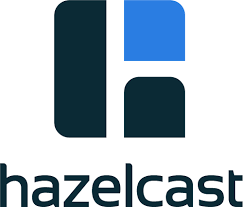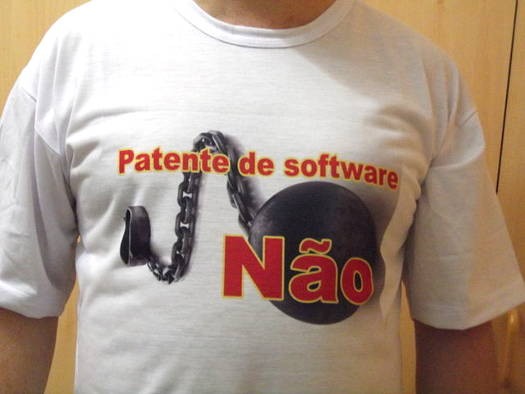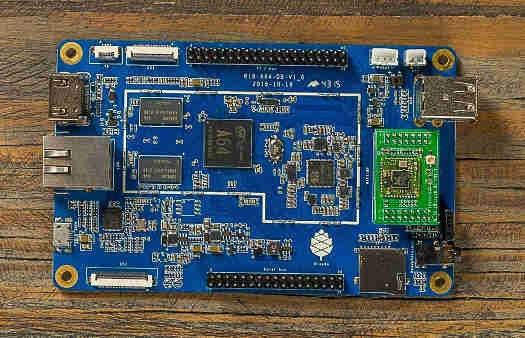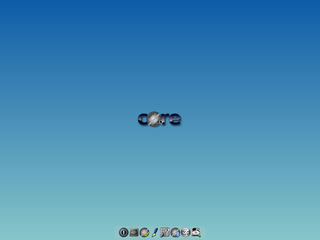The Heart of Linux
It seems, according to this, that the customer service offered by Reglue far exceeds that offered by any big box retail outlet — and the clients get preinstalled Linux to boot.
In 2005, I found myself at a career crossroad. A career-ending injury threw the biggest of monkey wrenches into the works for me. I owned my own business and business was good, but it was only good with a maximum of four employees, counting myself. I attempted to become a “gentleman” owner but I found that paying the extra man proved to be costly as well as difficult to administer. That injury led to me doing what I do now.
I give computers to kids who cannot afford one.
The decision I faced was life-changing either way I went. My inclination was to go back to school and get the certs I needed to work in the Linux administration field. I already had the base knowledge and experience; it was just a matter of jumping through the hoops to get a piece of paper saying I already knew what I was learning. Not that I wouldn’t learn a thing or two along the way.
Ken Starks is the founder of the Helios Project and Reglue, which for 20 years provided refurbished older computers running Linux to disadvantaged school kids, as well as providing digital help for senior citizens, in the Austin, Texas area. He was a columnist for FOSS Force from 2013-2016, and remains part of our family. Follow him on Twitter: @Reglue



 Chariot has extensive open source experience, with many of its consultants actively contributing to key OS Java projects. Working with partners, the company advises clients on the evolving open source Java landscape, delivering tailored solutions which incorporate frameworks and tools that are commercially viable due to established community support and enhancement. Prior to signing an official partnership agreement, the two companies had worked together on several projects in telecoms and media.
Chariot has extensive open source experience, with many of its consultants actively contributing to key OS Java projects. Working with partners, the company advises clients on the evolving open source Java landscape, delivering tailored solutions which incorporate frameworks and tools that are commercially viable due to established community support and enhancement. Prior to signing an official partnership agreement, the two companies had worked together on several projects in telecoms and media.





